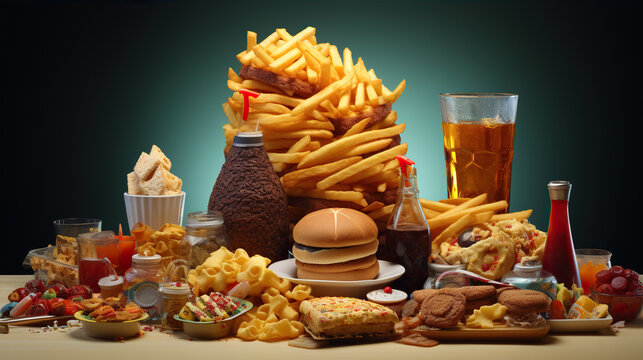According to a new study, your favorite guilty pleasure food may be just as addictive as heroin.
An study of 281 studies from 36 nations published in the British Medical Journal concluded that your inability to resist ice cream, chips, and sweets may be due to the addictive nature of ultra-processed foods, or UPFs.
“The combination of refined carbohydrates and fats often found in UPFs seems to have a supra-additive effect on brain reward systems, above either macronutrient alone, which may increase the addictive potential of these foods,” the authors of the study stated.
The researchers discovered that 14% of adults and 12% of youngsters were addicted to ultra-processed foods using the same methods for detecting substance misuse.
Ultra-processed foods are heavy in fat, carbohydrate, and sugar. Furthermore, they have little to no nutritional benefit.
According to a 2019 article published in the National Center for Biotechnology Information, they are “prone to overcompensation.”
Ice cream, chips, cheeseburgers, French fries, drink, cake, candy, and cookies are examples of these foods.
UPFs have also been associated to a variety of health problems, including an increased risk of diabetes, cardiovascular disease, cancer, and depression in women. They are also associated to cognitive impairment, such as dementia.
The Diagnostic and Statistical Manual of Mental Disorders (DSM-5-TR), a handbook for healthcare practitioners to identify mental disorders, does not classify food addiction as a mental illness.
Food addiction symptoms include needing food even when you’re already full, eating more than you meant, and continuing to eat something despite negative effects.
According to the study, when people consume UPFs, their dopamine levels rise, making them feel happy. When it crashes, they feel bad and seek the euphoric feeling. As a result, they seek out additional UPFs.
This process is comparable to what our bodies go through when we ingest alcohol, cigarettes, or other addictive substances.
While we know that ethanol and nicotine are the addictive characteristics of alcohol and cigarettes, scientists aren’t sure what causes UPFs to have a comparable impact.













